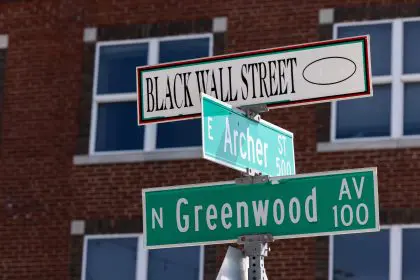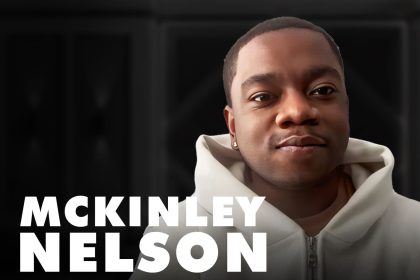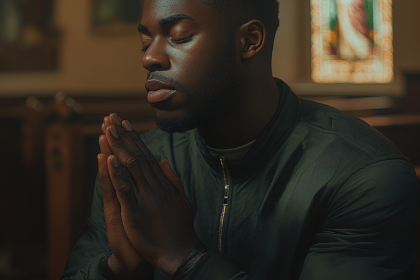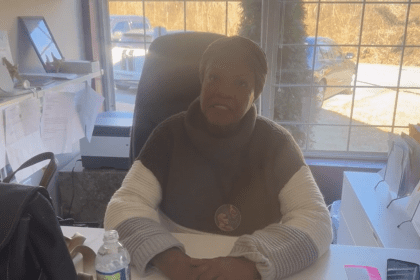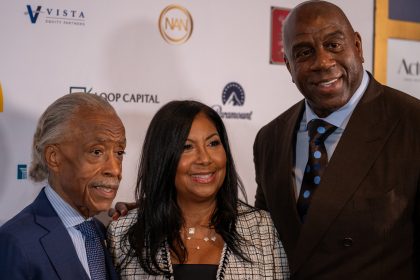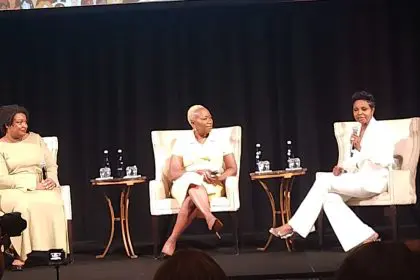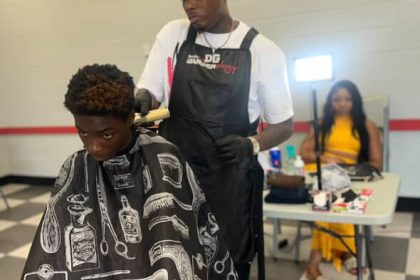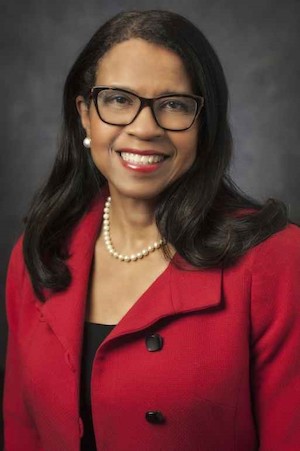
Andrea Young is a civil and human rights advocate and the executive director of the American Civil Liberties Union of Georgia, which for more than 60 years has been fighting to protect and extend the civil rights and civil liberties of all people. Prior to her role at the ACLU, Young was an adjunct professor at Georgia State University and a former executive director of the Andrew J. Young Foundation, where she worked to preserve the legacy of her father, the former Atlanta mayor and U.N. ambassador.
Rolling out spoke with her about the organization, its response to the Ahmaud Arbery case and the impact of COVID-19 on the prison population and the Black community.
What have you seen that has gone amok in the legal system?
The important thing about the United States is that we are supposed to be a nation of laws, and we fight to make sure the laws apply to all people equally. We have seen this erosion in the rule of law. What we used to see in the South is essentially this vigilantism and people who felt that they were entitled to work to act as judge, jury and executioner when it came to Black people. As with Trayvon Martin, this [Ahmaud Arbery] case is disturbingly reminiscent of the kind of vigilante activity, the kind of lynching that we have seen in our not-too-distant past in the state of Georgia. We’ve had some erosion of the law in terms of limiting people’s right to self-defense to only be able to use proportionate force, and so there’re been some erosions of the use-of-force statute in Georgia.
What can we anticipate that your organization will do in relation to the Arbery case?
Along with the NAACP, which was one of the first organizations on the ground and in Brunswick, … we will be looking in large measure at the state laws that allow for individuals to think that they have some discretionary room to take this kind of action. We will be looking at changes in state law, and we will be exploring other ways to have an impact on the local authorities and how the local authorities have behaved in this situation [and whether] there can be some sort of systemic action against Glynn County. We’ve sued Glynn county before because they’ve had a terrible record of using their courts.
When we first sued Glynn County, you could get a $700 speeding ticket, and who’s got cash to pay that? So, people are in jail because they can’t pay $700. … They have been involved in a number of these kinds of abuses and injustices.
What strategies is the ACLU using to help with the release of prison inmates at high risk for contracting COVID-19?
Across the country, the ACLU is involved in litigation to get people out. The ACLU of Georgia asked the governor back in the middle of March to direct the [state] Board of Pardons and Paroles to release people who were in that vulnerable age group [of] 62 and up, to release people who were within six months of the end of their sentence, to release people who were in for nonviolent offenses. The Board of Pardons and Paroles has a fair amount of discretion under Georgia law in that instance.
Click over to the next page to watch the full interview.


